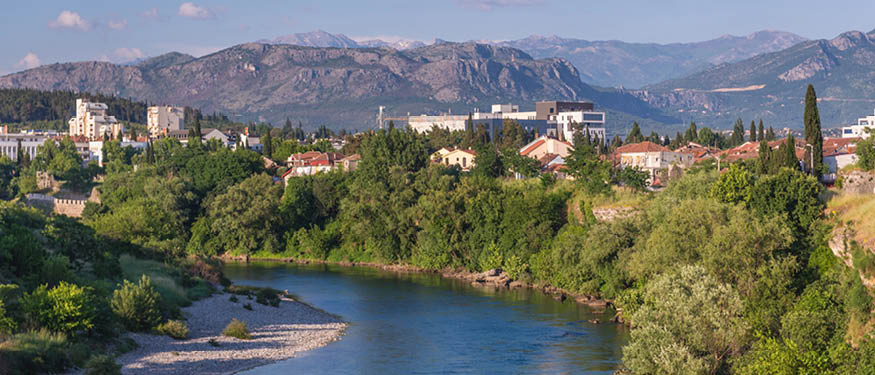Infrastructure, the Open Balkan initiative, and the ongoing judicial reform are the major topics in Albania, according to Tashko Pustina Partner Florian Hasko.
Infrastructure is the key sector the Government of Albania has been focusing on, Hasko says, “with the Trans-Adriatic Pipeline being the biggest project in the country.” The works in Albania have been almost completed and the entire pipeline might become operational in 2022, he explains. “It is a showcase of foreign direct investment in Albania, on a significant scale, bringing in jobs and resources as well as sector-specific know-how.”
Another interesting development to keep an eye on in 2022, according to Hasko, is the project for the construction of a new hydropower plant in Skavica, on the Drin River: “It is a key engineering project, expected to increase domestic green energy production by 20%. Valued at around USD 600 million, the Skavica HPP will be constructed by Bechtel and financed entirely by the government.”
“The third project – this time impacting tourism in the south of the country – is the PPP development of the Vlora International Airport, to be the gateway to the Albanian Riviera for foreign tourists,” Hasko says. “It will be linked to the seaside through a publicly-funded tunnel in Mount Llogora, some 20 kilometers south of Vlora, the construction of which will start soon,” he adds.
Also in the spotlight is the recent Open Balkan political initiative, a regional cooperation project between countries in the Western Balkans – three at the moment: Albania, North Macedonia, and Serbia – “aiming to create a common market for goods, services, capital, and people,” according to Hasko. “The process picked up speed recently,” he says, “so we’re expecting more news, with quite a few meetings on specific measures scheduled for 2022.”
On the legal side, Hasko says the ongoing digitalization of public services is worth a mention, “with the Immovable Properties Registry a key component. Progress was made on that front, with a couple of services already available online, but the idea is to have full access to the whole thing through an electronic platform.”
Finally, he turns to the ongoing judicial reform, “still the biggest issue for the law community, a major concern for investors, and a headache for the government.” The Tashko Pustina Partner says that more than half of judges and prosecutors have been removed from office since 2016 “on grounds related to either corruption, professionalism, or capabilities. The challenge of vacant positions still exists, but in the first half of 2021 the Supreme and Constitutional courts have finally resumed work.”
“It’s still slow, as appointments still need to be made,” he says. “However, there is public support for the reform and people are optimistic about its outcome. While previously magistrate positions were frowned upon, as a career choice, a good number of my law school colleagues have now applied for and started a career as magistrates,” he explains. Hasko is hopeful: “the fact that some of the lawyers who have suffered through the system have decided to make the switch – and dedicate their time and efforts to improving the judiciary – is, I feel, a sign of good things to come.”

















